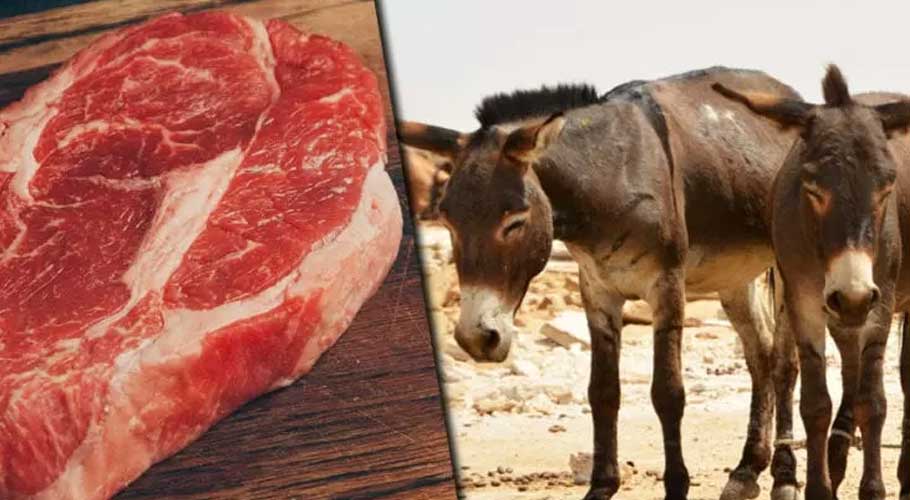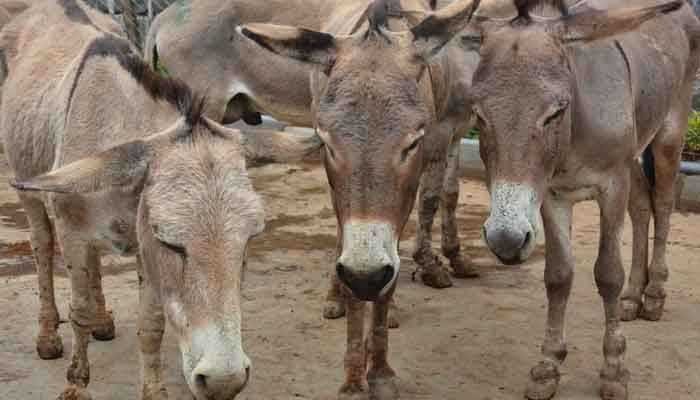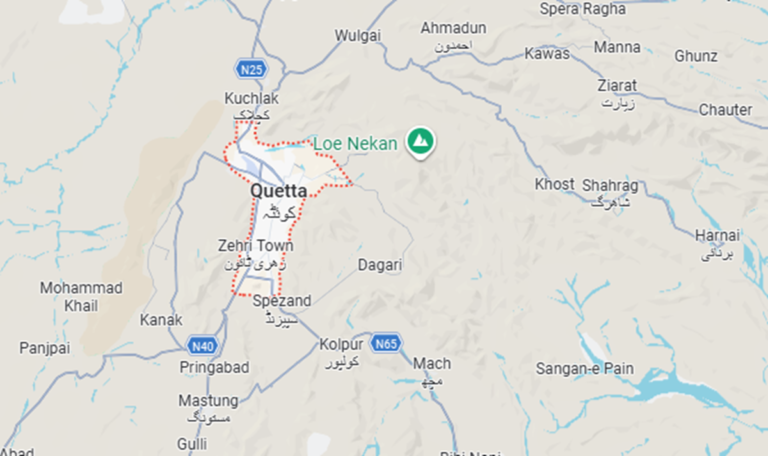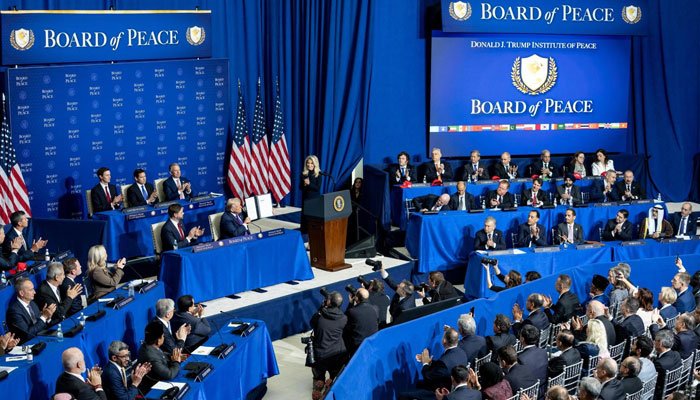Halal or Haram? How to Know If You’re Eating Donkey Meat in Pakistan. On July 27, a shocking discovery near Pakistan’s federal capital raised alarm bells across the country. The Islamabad Food Authority (IFA) raided an illegal slaughterhouse in Tarnol and recovered over 1,000 kilograms of donkey meat. Authorities also found more than 50 slaughtered donkeys at the site. This disturbing incident has once again brought attention to the unchecked trade of illegal meat and the serious gaps in food safety regulations.
Ongoing Investigation with Potential International Links

Authorities have launched a full investigation to uncover the network behind the operation. Early reports suggest that the meat may have been intended for foreign markets, raising even greater concerns about the scale and reach of the illegal trade. Meanwhile, public anxiety is growing as consumers demand stronger protections against such criminal activity.
Religious and Health Implications
In Pakistan, donkey meat is strictly prohibited for human consumption. It is considered haram under Islamic law, making its sale and distribution not only illegal but religiously offensive to the Muslim-majority population. Beyond the religious aspect, the consumption of meat from illegally slaughtered animals carries serious health risks. Without proper veterinary inspection, such meat could transmit dangerous diseases. The sale of donkey meat disguised as beef is also a direct violation of consumer rights and food safety laws.
Expert Insight: How to Identify Donkey Meat

Veterinarian Dr. Muhammad Ali has shared expert advice to help consumers spot the difference between donkey and beef. He explains that the two types of meat differ in both color and smell. While fresh beef usually has a bright cherry-red color, donkey meat is much darker and often has a bluish hue. Additionally, cooked donkey meat emits a strong, unpleasant odor, unlike the familiar aroma of beef.
Dr. Ali emphasizes that laboratory testing remains the most reliable method of identification. Tests like ELISA (which detects species-specific proteins) and PCR (which confirms DNA) can provide conclusive results. He recommends that food safety authorities conduct such tests, especially in restaurants or meat shops suspected of serving questionable meat.
What Consumers Should Do
In response to this incident, consumers are urged to stay alert and cautious. Purchasing meat only from licensed butchers and verified vendors is crucial. Suspiciously low-priced meat, particularly in unregulated eateries, should be treated with skepticism. When in doubt, consumers should not hesitate to ask vendors about the source of their meat.
Call for Stronger Regulatory Action
Food safety experts and consumer rights advocates are calling for tighter government oversight. Authorities must increase the frequency of random inspections and enforce strict penalties against violators. Publicly naming those involved in such illegal practices can serve as a deterrent and reinforce accountability.
A Wake-Up Call for the Nation
The Tarnol donkey meat scandal is more than just a case of illegal butchering—it is a serious warning about weaknesses in the country’s food safety infrastructure. Unless decisive action is taken to improve regulation, ensure transparency, and raise public awareness, similar incidents will continue to threaten the integrity of Pakistan’s food supply.








